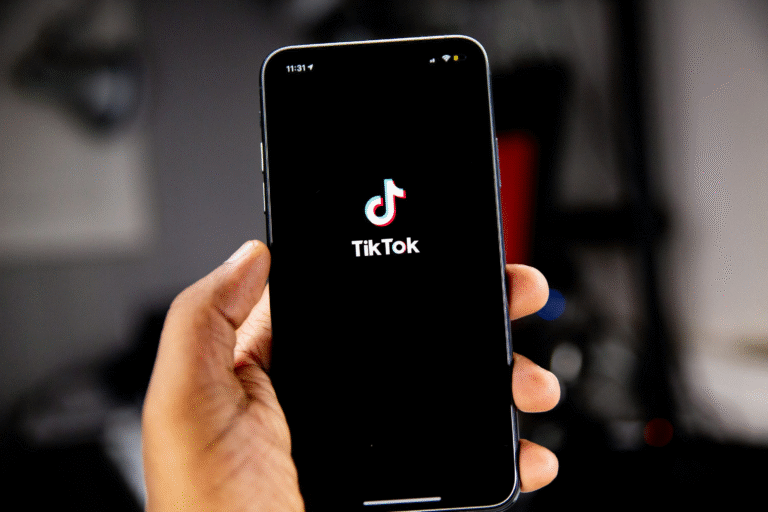The family of Samsung Electronics’ Chairman, Jay Y. Lee, is planning to sell a large number of company shares worth around 1.73 trillion won, which is about $1.2 billion. This sale includes the mother and two sisters of Jay Y. Lee — Hong Ra-hee, Lee Boo-jin, and Lee Seo-hyun. According to a recent filing submitted to the Korea Exchange, the sale involves around 17.7 million shares, which make up nearly 0.3% of Samsung Electronics’ total shares.
The main reason behind this sale is to gather enough money to pay taxes and repay loans. These taxes are part of a huge inheritance bill that the Samsung family has been facing since the death of Lee Kun-hee, the former chairman and father of Jay Y. Lee, in 2020. Experts believe that the family’s inheritance tax could be as high as 12 trillion won, one of the biggest ever in South Korea’s history.
The company stated that the sale will be handled by Shinhan Bank under a trust contract, and the entire process is expected to be completed by April next year. This means the shares will be gradually sold over the coming months instead of all at once, to avoid shocking the market or affecting Samsung’s stock price too suddenly.
Over the past year, Samsung Electronics has seen a remarkable rise in its stock value. The shares have gone up by more than 84% so far this year, and about 48% just since July, after the company announced a major chip supply deal with Tesla. This deal, along with other partnerships with companies like OpenAI and expectations of supplying high-bandwidth memory (HBM) chips to Nvidia, has boosted investor confidence in Samsung’s future.

The company’s share price recently reached 97,900 won and is inching closer to the long-awaited 100,000-won mark. This rise has been celebrated by millions of South Korean investors, as Samsung Electronics is often seen as a “national stock.” Around five million individual investors in South Korea own shares in the company, which shows how deeply connected Samsung is with the country’s people and economy.
However, not everyone is completely happy about the timing of this sale. Some market experts believe that the decision to sell shares when the prices are reaching record highs could create negative emotions among small investors. According to Park Ju-gun, the head of corporate analysis firm Leaders Index, “One disappointing aspect is that the owner family is selling shares at a time like this, which could dampen sentiment among retail investors.” He further explained that many retail investors have been closely watching Samsung’s stock price, hoping it would cross the 100,000-won mark soon. The family’s sale, though logical from a financial point of view, might slightly reduce that excitement.
Park also pointed out that Samsung’s 10 trillion won share buyback plan, which was launched last year, was designed to support the company’s stock value. “Samsung’s 10 trillion won share buyback plan last year was aimed at protecting the stock value, which would help the Samsung family to secure funds for inheritance tax,” he said. This means that the company had already taken steps to keep its shares strong in the market, making it easier for the family to sell some of their shares without facing a loss.
The story of Samsung’s ownership has been closely followed for years, not only because of the company’s size but also because of the family’s influence in South Korea’s economy. After the death of Lee Kun-hee, the leadership passed to his son, Jay Y. Lee, who took charge of the company’s future direction. The family’s challenge since then has been managing the enormous inheritance tax, which required them to find ways to raise large amounts of money while maintaining control over the company.
Selling a small portion of shares, such as 0.3%, helps them gather funds without losing much control. Even after this sale, the Lee family will remain the largest and most influential shareholders of Samsung Electronics. They are expected to continue playing a major role in shaping the company’s decisions, especially in areas like semiconductor innovation and global expansion.
Samsung Electronics is one of the world’s leading technology companies, producing everything from smartphones and televisions to computer chips. Its semiconductor business plays a particularly important role in the global tech supply chain. With increasing demand for artificial intelligence (AI) and high-speed computing, Samsung’s advanced memory chips are in high demand from global tech giants like Nvidia, Tesla, and OpenAI.
The company’s success in securing partnerships with these firms has made investors more confident about its long-term growth. Many analysts expect Samsung to play a key role in the AI chip race, helping it remain one of the world’s top technology companies.
Even as the family plans to sell some of their shares, most experts believe this move will not harm the company’s overall position in the market. Instead, it will simply allow the Lee family to meet their financial obligations while the company continues to grow.
This sale also reflects a broader truth about family-run business empires in South Korea, known as chaebols. These families often face challenges passing down ownership across generations due to strict inheritance tax laws. While such taxes are meant to reduce inequality and limit monopoly power, they can also create pressure for business families to sell shares or assets. The Samsung family’s current move is a clear example of this struggle — balancing business leadership and personal financial duties.
In the end, even though some investors may feel uneasy about the timing of the sale, the company’s strong performance gives reasons for optimism. Samsung Electronics remains a symbol of South Korea’s technological strength and continues to attract both domestic and international investors.
The family’s decision to sell a small part of their holdings seems to be a practical step toward managing one of the largest inheritance tax bills in the country’s history, without shaking their confidence in Samsung’s bright future.












